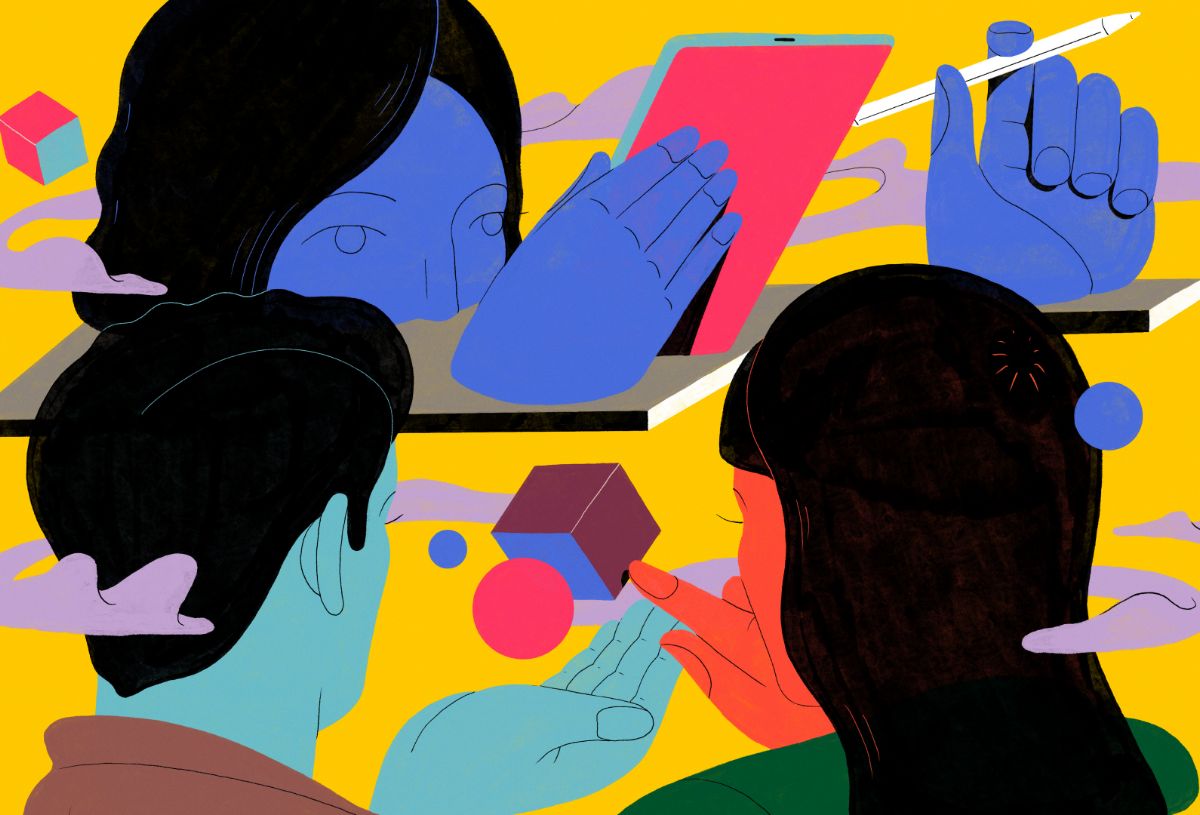Highlights From the 2021 Global Culture Report With Guest Dr. Alex Lovell
season 3, episode 7

Welcome to The Work Place, where we talk about the cultures we work in, and how to make them better for everyone. I’m Andrew Scarcella.
This episode, we’re talking with Dr. Alex Lovell about the 2021 Global Culture Report—the largest annual study of workplace culture. Forged in the midst of the global pandemic, the latest incarnation is perhaps the most essential piece of research for HR leaders looking toward the future as the crisis grinds slowly, painfully, to a halt. Using surveys and focus groups spanning 40,000 employees in 120 countries, Alex and his team at the O.C. Tanner Institute have coalesced their findings into a densely packed, yet surprisingly easy-read. With chapters on topics as relevant now as they were in the darkest days of the pandemic, this is definitely not the year to sleep on the Global Culture Report.
Join us after the interview for Tangible Takeaways, where we’ll talk about the ideas and actions we can take with us and implement our own workplace cultures.
Dr. Alex Lovell is the Director of Research and Assessment at the O.C. Tanner Institute. He specializes in mixed-method and multi-method research, with a focus on blending qualitative research with survey and experimental data. In his day job, he consults with a wide variety of companies to develop and implement large-scale culture and recognition measurement plans.
Alex was interviewed by me, and as always, chatting with him was like having dinner at the home of your favorite professor. Far too much fun to be considered educational, yet you always leave having learned something. Let’s get to it.
Tangible Takeaways:
Now it’s time for Tangible Takeaways, where we take big ideas off the mean streets of Baltimore and enroll them at the prestigious Maryland School of the Arts where they join forces with an unlikely crew of outcasts to compete in an illegal, underground dance battle that pits ballerina’s against b-boys in an epic struggle of hip hop choreography that for some reason takes place in the pouring rain and features one too many sideways hats and not nearly enough Channing Tatum.
1. The first is that if we really want to increase inclusion, we can’t just decrease EXclusion and call it good. Reducing policies that exclude people, implicitly or explicitly, is only one half of the coin. We also need to make changes and enact initiatives that provide opportunities and attract underrepresented groups. Don’t just take away obstacles, create more roads.
2. The second is that self-care isn’t a luxury. It’s a necessity. And it isn’t just a personal problem. It’s a workplace problem. A team problem. A company problem. A humanity problem. Before the pandemic, self-care was often dismissed as something for self-help books and meditation apps to solve. Not HR departments. But when the rising awareness of employee wellbeing in the 20-teens collided with the isolation and anxiety cocktail that was 2020, self-care leapt into the spotlight. Suddenly, everyone could see the importance of taking care of their own wellbeing, no matter what our job or title might be. What seemed selfish before was now necessary maintenance—something that, if not attended to, could quickly impact our productivity, our stress, even our health. It led to a lot of rethinking of the policies around sick time, flexible schedules, medical leave, and the balance between work life and home life. And hopefully, we’re still rethinking. Because even if we’ve gotten used to the new normal, there’s always a newer normal just around the corner.
3. The third is that mental health days have gotten a bad rap, and it’s time we did something about it. Sure, the term used to be a cute, winking way of saying you’re taking a day off without filing it under PTO. But nowadays, mental health days are a totally normal, and often very necessary way of coping with stress, anxiety, and burnout. What can we do about it? Well, World Mental Health Day isn’t until October, but I think we should all look at our calendars and set aside one day in the next couple weeks to take off and use as a time to restore and revitalize our own mental health. Call it Self-Care Day, and spend it doing nothing, or everything, whatever helps your brain feel better. Me? I’ll probably bake a batch of miniature pies and leave them on the doorsteps of my closest friends. Because my self-care is baking.
As always, this episode was written and produced by yours truly—with original music and sound design by Daniel Foster Smith.
If you liked this episode, or even if you didn’t, please rate, review, and, of course, subscribe to The Work Place on Apple Podcasts or wherever you get your podcasts. If you have a burning question about workplace culture, or a story about why YOUR workplace culture is the best (or worst) send it to theworkplace@octanner.com.
The Work Place is sponsored by O.C. Tanner, the global leader in engaging workplace cultures. O.C. Tanner’s Culture Cloud provides a single, modular suite of apps for influencing and improving employee experiences through recognition, career anniversaries, wellbeing, leadership, and more.
If you want your organization to become a place where people can’t wait to come to work in the morning, go to octanner.com.

The State of Culture: APAC Findings from the 2025 Global Culture Report
Explore key findings from O.C. Tanner’s 2025 Global Culture Report where APAC organisations must focus their efforts to improve workplace culture – based on findings from 7,143 employees, leaders and HR practitioners across the region.
White Paper
Company Culture







